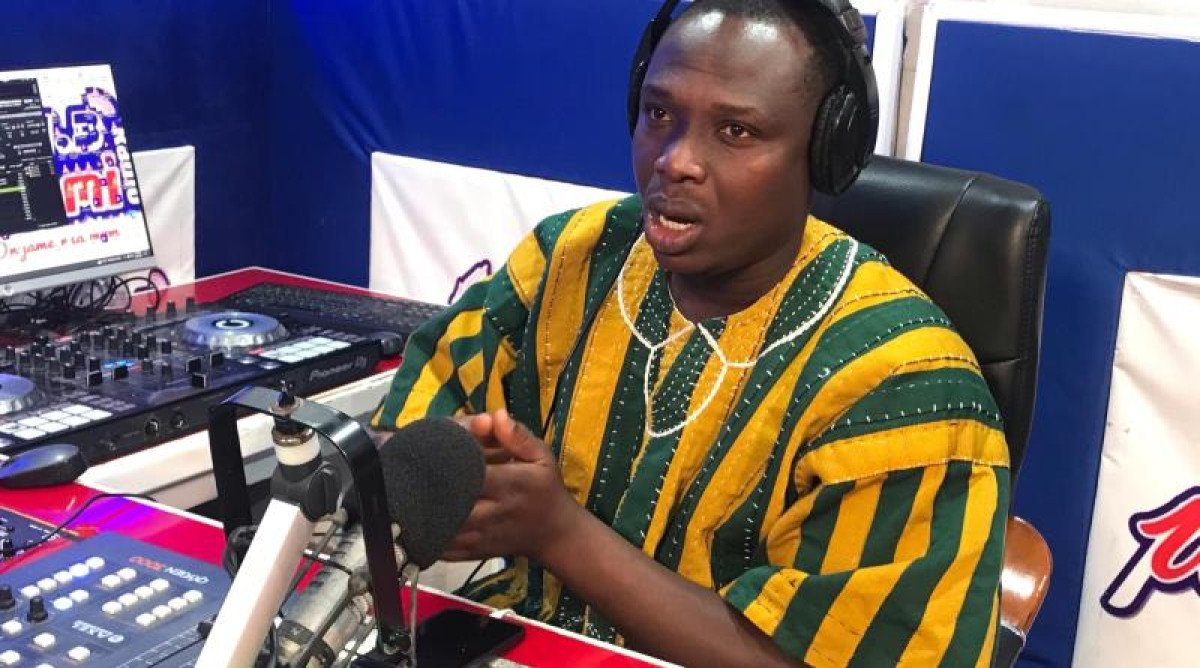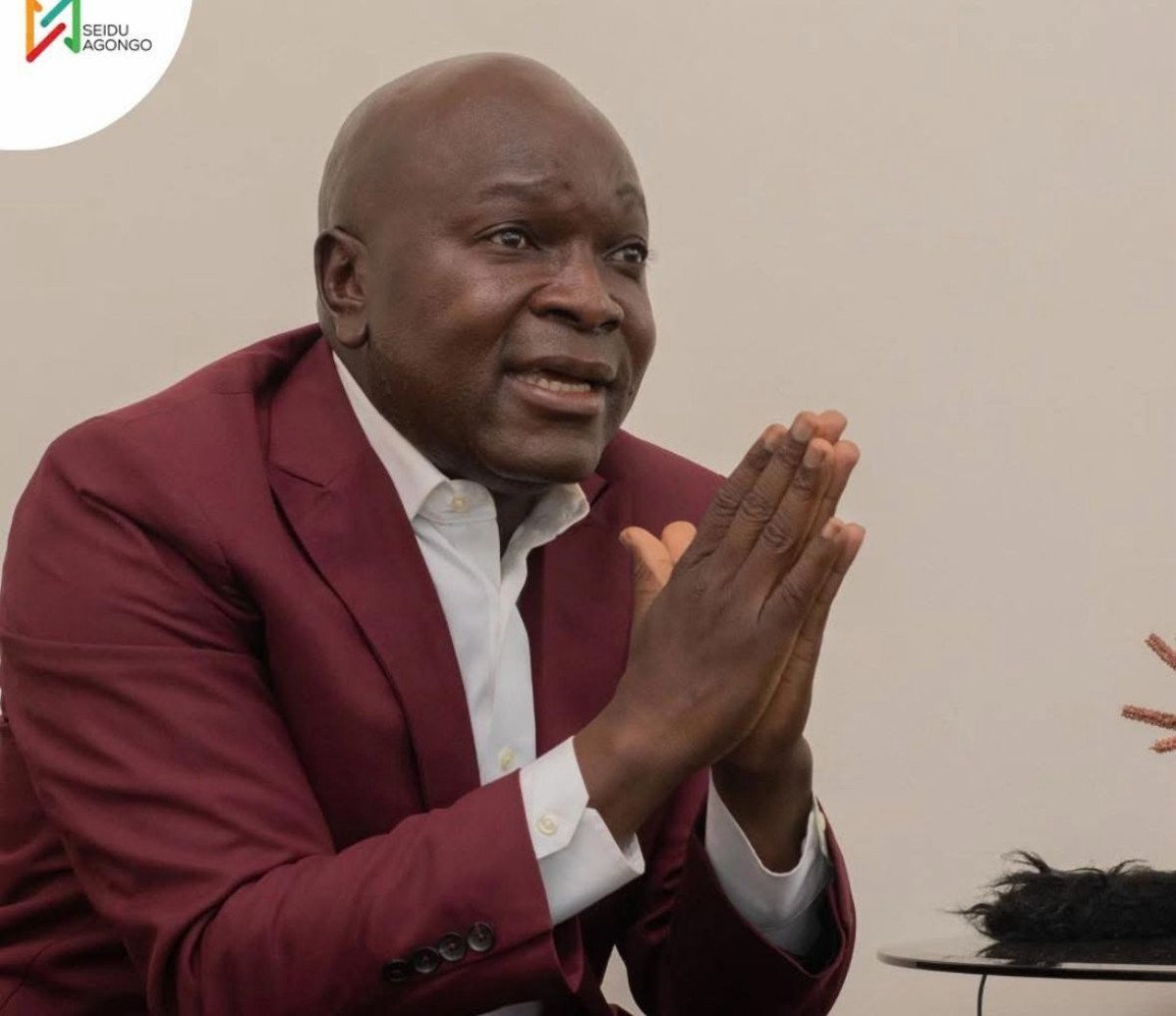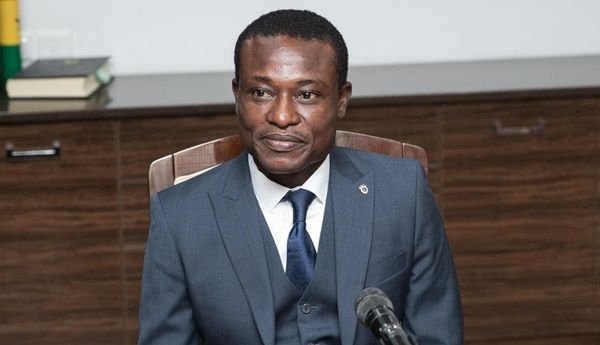They fought the E-Levy with passion, only to punish Ghanaians at the pump. Hypocrisy at the pump! Indeed, the Protesters of E-Levy are now the Punishers at the pump.
Recently, Ghana’s fiscal policy took a center stage as Ghanaians weighed the impact of two starkly different tax strategies: the E-Levy, championed by the New Patriotic Party (NPP) under Former Vice President Dr. Mahamudu Bawumia, and the D-Levy, a controversial fuel tax recently imposed by the National Democratic Congress (NDC) under President John Mahama.
Fundamentally, both policies aimed to expand the tax net and increase government revenue. However, their impacts, execution, and strategic vision differ significantly.
This article critically compares both approaches, especially their effects on everyday living, mobile money transactions, betting, and financial inclusion, and explains why Bawumia’s E-Levy represented a more visionary, structured, and economically prudent policy than the lazy and short-sighted populism of the NDC’s D-Levy.
Introduced in the 2022 Budget and effective from May 1, 2022, the E-Levy placed a 1% on selected electronic transfers, including mobile money, bank transfers, remittances, and POS payments. For example, for every Ghc 1000 Momo sent, you paid Ghc 1 as a tax. This was not just a tax but part of a broader effort to formalize Ghana’s digital economy, increase domestic revenue, and reduce dependency on foreign loans.
Though initially met with resistance, the E-Levy was structured with daily exemptions for low-income users (below GH₵100) and a plan for long-term integration into the digital economy. It aligned with Dr. Bawumia’s digital agenda, which includes the Ghana Card, Mobile Interoperability, and the newly launched myCreditScore system.
While it did lead to an initial 25–35% decline in mobile money usage, it must be understood in context: such transitions are common with disruptive tax policies globally. Over time, improved public education and technological integration were expected to restore transaction volumes, now governed by smarter infrastructure and fairer digital governance.
Interestingly, on the issue of Betting Tax, it’s unfortunate the NDC managed to skew and successfully engineered a populist, smearing campaign that blurred the broader picture of this policy. Sport betting among Ghanaian youth had risen to serious concerns (still high today), raising questions about addiction, lost productivity, erosion of honored principles, financial difficulties, and its associated mental health problems like anxiety, sleep deprivation and depression particularly.
Even though the gambling industry has established itself as a prominent social and economic force with significant impact on job creation and revenue generation, sports betting/gambling has shown to have far-reaching negative implications at the individual, family, community, and societal level; most of which remain insufficiently explored within the Ghana setting. Very significant but often ignored is the slow by-sure debt silently accumulated by Ghanaian Youth (even high school students), degrading strong cultural, moral, and religious values that has always promoted hard work, discipline, and community responsibility among the youth.
Recognizing this growing threat, Former Vice President Dr. Mahamudu Bawumia, as part of his broader digital and economic policy agenda, supported the introduction of a betting tax through the E-Levy. This was not merely a revenue-generating measure. It was a strategic intervention to curb the excessive gambling behavior negatively impacting Ghana’s youth. Indeed, the NDC’s unquenching test for power blinds their judgment, placing their selfish interest above the wellbeing of Ghanaian Youth.
As argued by Hudík and Žofčák (2023) "The only benefit, perhaps, is that a higher price of gambling discourages some players from developing addiction in the future" especially among young people, whose limited financial means make them more sensitive to price increases. Not only is higher betting tax meant to discourage youth gambling addition, but it could also be used to fund educational programs and addiction treatment services. As rightly put, “Taxes collected from gambling should be allocated to slowing the rate of irresponsible gambling” McCarthy et al. (2023).
Though Dr. Bawumia’s E-Levy was not without flaws, it was a strategic intervention to arrest the slow poisoning gambling addiction, particularly among the Ghanaian Youth. It acknowledged the need to expand Ghana’s tax base, especially in the informal sector where over 80% of economic activity occurs untaxed. The use of digital systems, unique identifiers, and interoperability tools meant that the E-Levy was not just about revenue, it was a catalyst for greater transparency and a credit-based economy.
The 2028 election is not just a contest between political parties, it is a battle between vision and improvisation, technology and trial-and-error, leadership and populism. Under Dr. Bawumia’s stewardship, Ghana witnessed the launch of myCreditScore, the digital property addressing system, mobile interoperability, GhanaPay, and e-pharmacy platforms. These foundational tools are setting the stage for a cash-lite, data-driven economy.
The E-Levy was a brave policy intended to usher Ghana into a more self-sustaining, digitally inclusive future. It wasn’t perfect but it was a reform with foresight. Whereas the D-Levy over burden Ghanaians with GH₵1 per liter of fuel. As of July–August 2025, average petrol prices in Ghana is around GH₵14 –15 per liter. Let’s take GH₵14 per liter as a realistic estimate. For GH₵1,000 worth of fuel, a Ghanaian pays approximately GH₵71.4 in D-Levy. Sadly, if fuel prices rise, the number of liters bought decreases, but the D-Levy remains fixed at GH₵1 per liter, making it regressive and particularly impactful on commercial drivers and low-income consumers. Opposing E-Levy was just rehearsal, D-Levy is the real performance and full-blown daylight heist on Ghanaians. Unfortunately, D-levy will have a ripple down effect on the cost of living as Drivers and Okada riders are more likely to pass on the additional cost to passengers.
As 2028 approaches, Ghanaians must ask themselves: Do we want a nation built on digital discipline and policy depth or one governed by reactionary populism? If the answer is progress, then the choice is clear: Dr. Mahamudu Bawumia and the New Patriotic Party offer the structure, innovation, and courage to lead Ghana into a sustainable digital future.
Emmanuel Osei.
Party Membership Management Consultant.
Member - NPP Atlanta, Georgia USA







